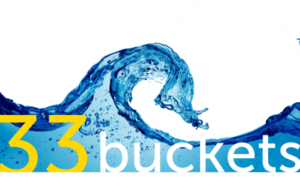Over 77 million of the people in Bangladesh, approximately one-quarter of the population of the U.S., have been exposed to toxic amounts of arsenic in well water. This chronic exposure causes health problems that include a 2000 percent increase in the risk of cancer and has been called “the largest mass poisoning of a population in history” by the World Health Organization. The Rahima Hoque Girl’s School, located in rural Bangladesh, works to give women the education they need to pursue higher opportunities. Unfortunately, students must put their health at risk every day just to obtain an education. This unfair trade-off is a result of the arsenic-contaminated drinking water present at the school.
In light of these facts, we felt compelled to make a difference. We’ve designed a reasonably priced, medium-scale water purification system to provide safe drinking water to the school. Our filter will not require electricity and will produce at least 4,000 gallons of drinking water per day. The design is simple and involves chlorination, activated carbon, adsorption of arsenic through a media and then filtration through sand. This filter is also designed to provide an extra 2,000 gallons of water to sell to the community, allowing the girls to start a microfinance business. Not only will the community benefit as a whole, but the profits made from water sales can be used to maintain the filter and make much needed repairs to the school.
[youtube]http://www.youtube.com/watch?v=NsYpuQLRSK0[/youtube]
Learn more:
- Facebook: https://www.facebook.com/33Buckets
- 10,000 solutions: http://10000solutions.org/solution/33-buckets
